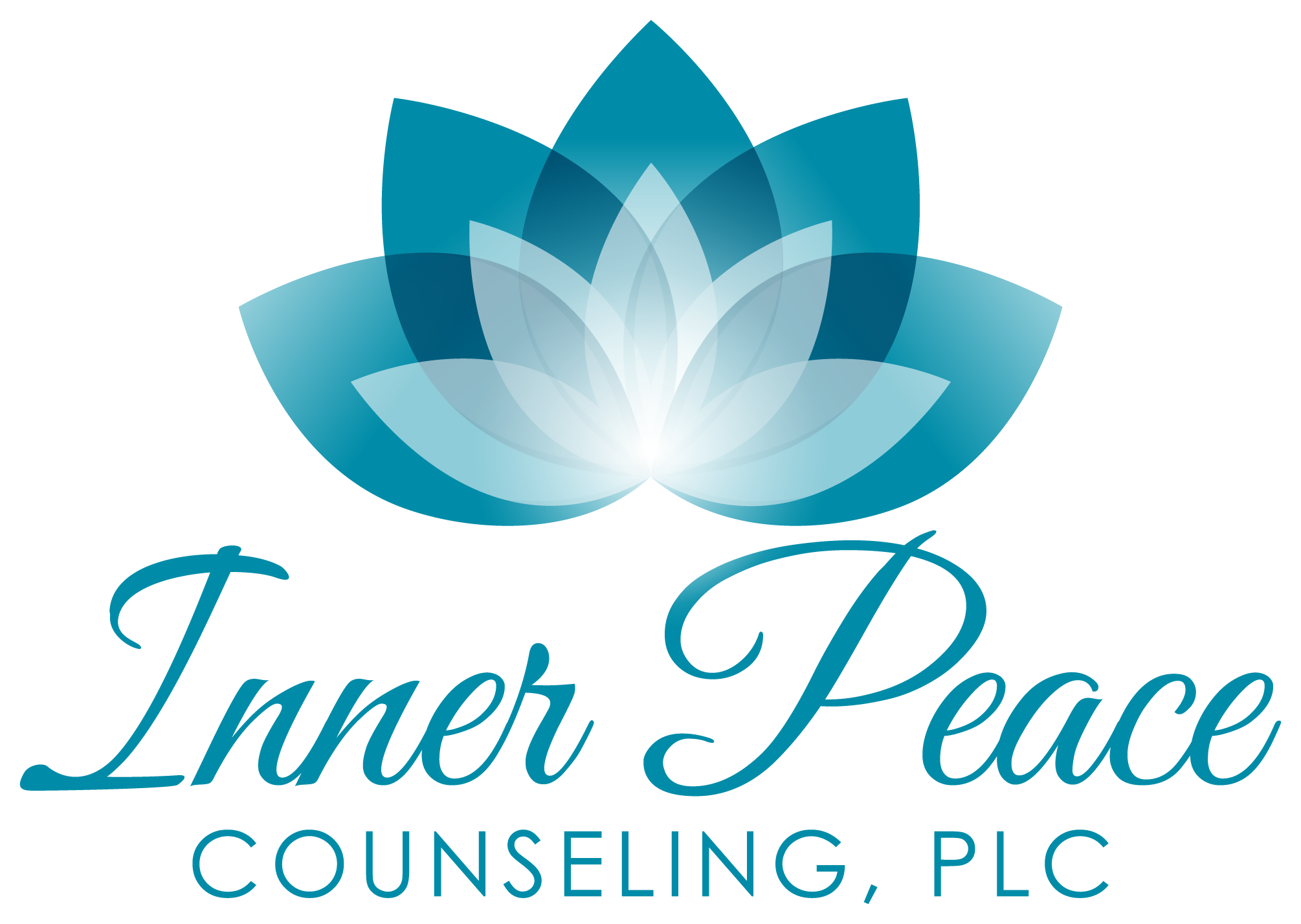By: Ashley Carter Youngblood
Categories:
How to Handle Emotions
[Published in Natural Awakening’s magazine, September 2017 edition.]
Emotions are challenges in themselves. When we feel happy, we bask in the glory of how good it feels. Yet, when we feel down, we long to be back to our “normal” of not feeling so badly.
It is not that emotions create the problem, however. We create the problem by how we approach these emotions. Let me explain what I mean.
In Buddhism, there is a concept called the “3 Poisons,” which are considered to be Passion, Aggression, and Ignorance. With this Eastern philosophy, there is an understanding that suffering comes out of our attachment to what feels “good.” We long for the “good times” when things are “bad,” taking us out of the appreciation of the moment. When things are “good,” we do not want them to go away and mourn when they do. When things are neutral, we do not think much about the present moment but may still reminisce about the “good times,” wishing our life was not as boring as it is now. So, by applying the 3 Poisons to any situation, whether good, bad, or neutral, we can create our own suffering.
I have many people come into my office expressing concern about “I don’t know why I feel so bad” and that “I just want to get back to normal.” While normal sounds great, I have two licenses in the field of mental health and I have no idea what “normal” is. Besides, what makes us think that “normal” is the best thing for us anyway? This is where suffering comes in.
The “3 Poisons” at Work
Remember the “3 Poisons.” When we are experiencing something that is fun, exciting, and we feel successful with it, Passion is at play. We long to keep it close to us, we may become preoccupied with doing this one special thing, and we may neglect other things that are important, too. When our ability to continue in our bliss is threatened, Aggression may rear its head. We may fight for all that we held dear to stay holding on to that “good” thing. We do not want to gain the weight we have lost, lose that relationship, or be transferred from our dream job!
Aggression can also take other forms. We may loathe that co-worker, refuse to eat healthy, or refuse to be involved in anything religious. When we feel anxiety, we may try to distract ourselves because it is uncomfortable. When we are grieving, we may be hard on ourselves and do our best to “get over it” quickly, harnessing that aggressive energy that seeks to separate us from the uncomfortable experience.
Ignorance, the last of the “3 Poisons,” creates the illusion that our life is alright. We choose to not see that we have a drinking problem because we do not want to take the steps to address it. We invite Ignorance when we tell ourselves that it is our partner who creates all the things wrong in our relationship and certainly nothing we are doing to co-create the issues! Ignorance allows us to not take responsibility for our behaviors and experience.
How this Affects Emotions
Here is where the rubber meets the road. Sometimes our emotions are pleasant, uncomfortable, or sometimes we do not even want to be aware of them at all. But, being happy, anxious, or in denial is not a problem. Those emotions are part of the array of the human experience. It is what makes us real. So, why is life so uncomfortable?
Say it however you want it: “We want what we cannot have;” “The grass is greener on the other side.” We are rarely content creatures. We are always looking around to determine what we want instead. But, the “3 Poisons” are called such for a reason. Do not let them poison your life.
What to Do with Emotions
Here is where the power of awareness comes in. The next time you have a strong emotion that you cannot help but feel, practice being mindful and ask “What is here?” Is it Passion, Aggression, or Ignorance? Explore your own curiosity about your emotions and see if you can identify what specific emotion you are feeling.
Because we cannot know how to best handle emotions until we are aware of when they are present and what they are, we can start with mindfulness. With strong emotions, try asking “What am I clinging to?” (i.e. Passion), “What am I fighting?” (i.e. Aggression), and “What am I trying to avoid?” (i.e. Ignorance). Be curious, like a scientist studying a newfound animal. Observe all aspects. Do not judge. Do not criticize yourself. Practice sitting in the middle of the experience.
Handling emotions is hard enough. Do not make life harder by allowing Passion, Aggression, and Ignorance to run them. Take a breath. Feel your body. Remind yourself what you are thankful for so that you can be present and thankful in this moment right now.
When you find yourself comparing your situation to someone else’s, stop. Check in with yourself, take a breath, and be present. As I frequently say, for some reason we believe that our thoughts and the stories that we make in our heads are true. But, they are not. They are Passion, Aggression, and Ignorance at work again. So, handle them by naming them. Once they lose their power, they lose their power over you.
~Ashley Carter Youngblood, LMSW, LMFT, CADC, ADS
 Ashley Carter Youngblood is both a Fully-licensed Clinical Social Worker and Marriage and Family Therapist who has been in the field since 2007. She offers counseling in Kalamazoo, Portage, Mattawan, Battle Creek, Paw Paw, and the surrounding areas of Southwest Michigan. She is passionate about her work with clients, whether it’s providing individual counseling, couples counseling, family therapy, or life coaching. Her specialties include holistic healing/mindfulness, counseling for women, anxiety, couples counseling, and addictions/substance abuse.
Ashley Carter Youngblood is both a Fully-licensed Clinical Social Worker and Marriage and Family Therapist who has been in the field since 2007. She offers counseling in Kalamazoo, Portage, Mattawan, Battle Creek, Paw Paw, and the surrounding areas of Southwest Michigan. She is passionate about her work with clients, whether it’s providing individual counseling, couples counseling, family therapy, or life coaching. Her specialties include holistic healing/mindfulness, counseling for women, anxiety, couples counseling, and addictions/substance abuse.
I welcome you to contact me or leave any questions or feedback you have about this post. Please keep in mind that the above information is the opinion of an individual, should not be considered medical advice, and is for entertainment/educational purposes only. I write these blogs as an expression of my passion for wellness and with the hope to be able to help as many people as possible. Therefore, I would encourage anyone seeking mental health advice to contact a therapist in your area who can better evaluate your situation and provide you with case-specific information for treatment. Also remember, if you are experiencing an emergency, contact 911 or present yourself to your nearest emergency room.
Thanks for reading.

